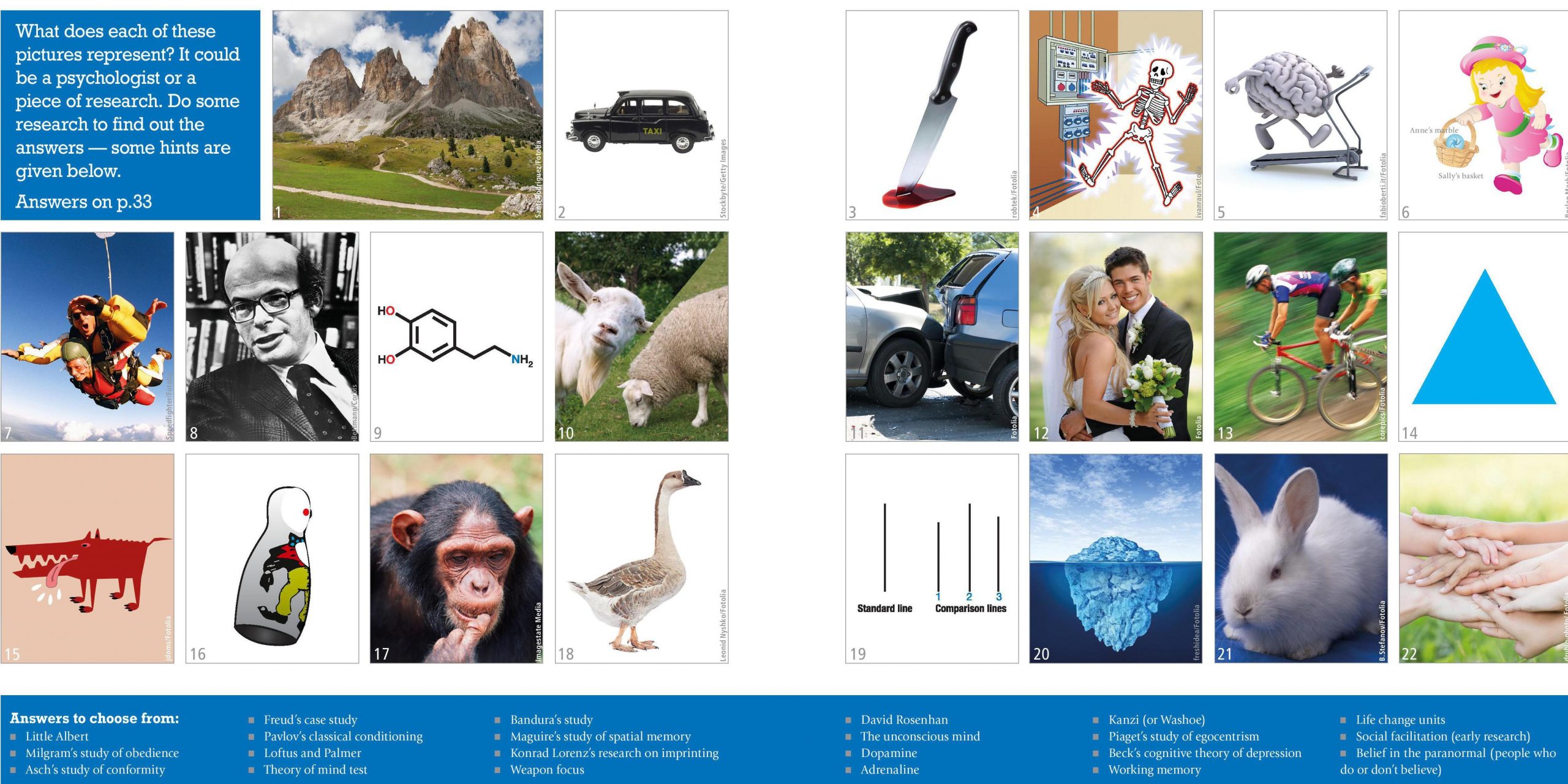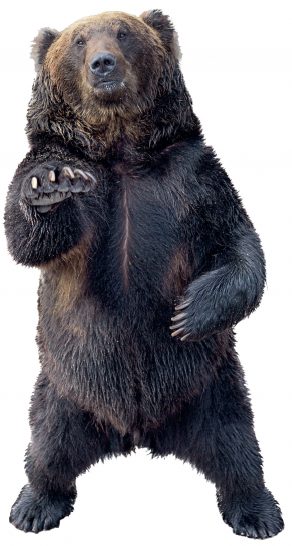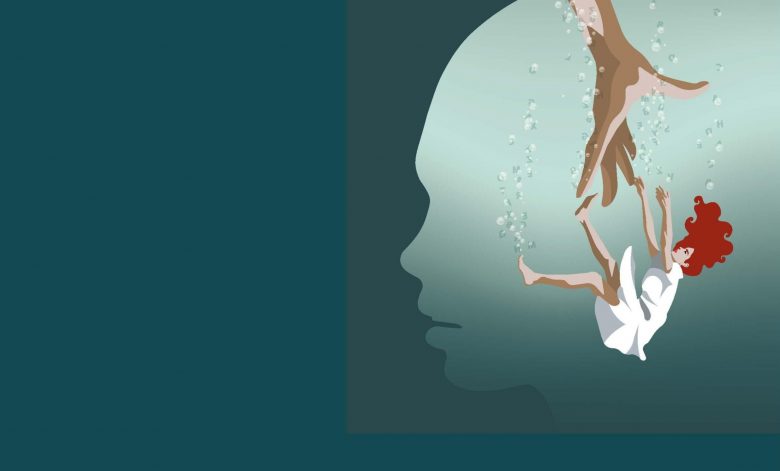
1 Piaget’s study of egocentrism (three mountains study) 2 Maguire’s study of spatial memory (involved taxi drivers) 3 Weapon focus (related to eyewitness testimony) 4 Milgram’s study of obedience (shocks) 5 Working memory (brain is working) 6 Theory of mind test (Sally Anne test) 7 Adrenaline (fight or flight) 8 David Rosenhan 9 Dopamine 10 Believers/non-believers in the paranormal (people who believe are called ‘sheep’, non-believers are called ‘goats’) 11 Loftus and Palmer (how fast were the cars going …?) 12 Life change units (marriage is a life event that has 53 LCUs) 13 Social facilitation (early research by Triplett used cyclists) 14 Beck’s cognitive theory of depression (described as a triad) 15 Pavlov’s classical conditioning (salivating dog) 16 Bandura’s study of aggression (using a Bobo doll) 17 Kanzi (or Washoe) (chimpanzees taught human language) 18 Konrad Lorenz’s research on imprinting (with geese) 19 Asch’s study of conformity (the stimulus material was lines) 20 Unconscious mind (what lies under the surface) 21 Little Albert (conditioned to fear white rabbits) 22 Freud’s case study (Little Hans sounds like ‘little hands’)
Your organisation does not have access to this article.
Sign up today to give your students the edge they need to achieve their best grades with subject expertise
Subscribe



